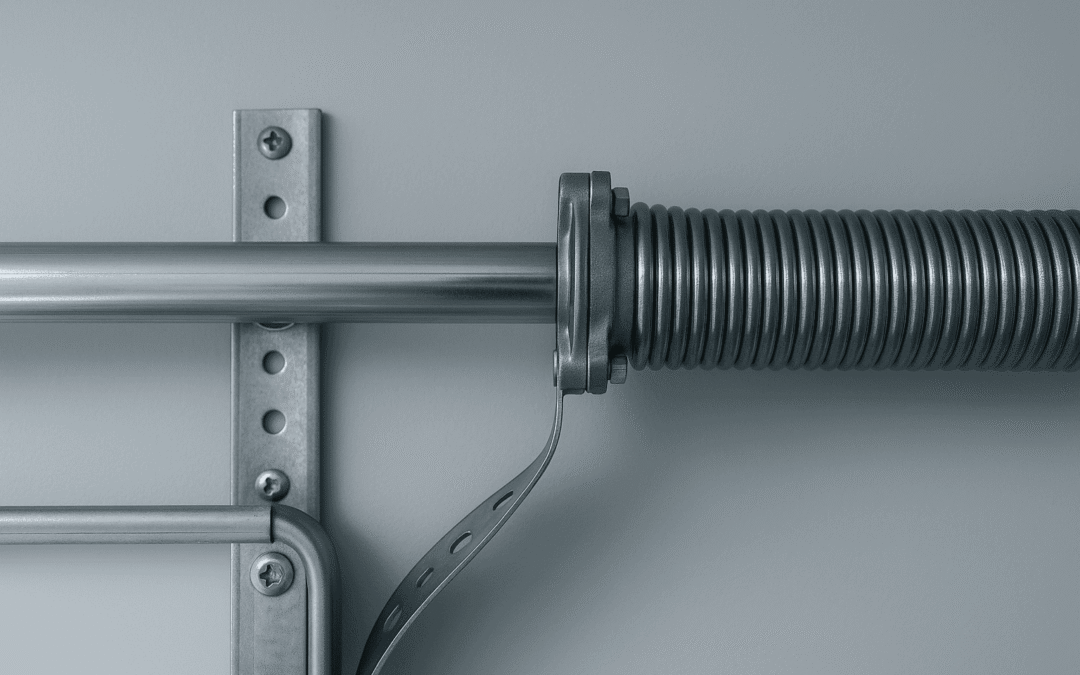Garage doors are a significant investment and require proper care to ensure their longevity. Regular maintenance not only prevents costly repairs but also enhances the safety and efficiency of your garage door system. For intricate issues like snapped springs, relying on professional services can save time and effort.
Maintaining a garage door involves more than just a casual glance now and then. By adhering to routine care practices, you can extend its lifespan significantly. From lubrication to cleaning, each aspect plays a crucial role in keeping your garage door in top condition. Here, we’ll delve into essential maintenance tips that will help you keep your garage door functioning smoothly for years to come. If you encounter issues like snapped springs, consider contacting a local company to fix snapped garage door springs fast to ensure safety and efficiency.
Effective lubrication methods
Proper lubrication is vital for the seamless operation of your garage door components. Without it, parts may grind against each other, causing unnecessary wear and tear. Selecting the right lubricant is crucial; avoid using grease, as it can attract dust and debris. Instead, opt for a silicone or lithium-based spray that provides a clean coat without sticky residue.
The frequency of application depends on usage; typically, lubricating every few months suffices for most residential garage doors. Focus on key areas such as hinges, rollers, and tracks to minimize friction and noise. Ensure you also address the opener’s chain or screw drive if applicable, as these parts also benefit from regular lubrication.
When applying lubricant, exercise caution by spraying lightly and wiping off excess to prevent dripping onto other components. Regularly checking these parts helps you identify any areas needing additional attention. This simple step can significantly contribute to prolonging your garage door’s lifespan.
Weather conditions can significantly impact your lubrication schedule. In regions with high humidity or extreme temperatures, you may need to lubricate more frequently as these conditions can affect the longevity of the lubricant. During winter months, cold temperatures can cause the lubricant to thicken, while summer heat might lead to faster deterioration. Consider seasonal adjustments to your maintenance routine to account for these environmental factors and ensure consistent performance throughout the year.
Cleaning for optimal performance
Keeping your garage door clean is equally important as lubrication in ensuring its longevity. Dirt and grime buildup can affect the door’s functionality and appearance over time. Begin by using mild detergent mixed with water to wash the surface of the door, taking care to rinse thoroughly to prevent soap residue.
Pay special attention to the weather stripping at the bottom of the door, as debris accumulation here can impede proper sealing. Use a soft brush or cloth to gently remove any dirt and then inspect for signs of wear or damage that might require replacement. This small effort maintains the efficiency of your door’s insulation capabilities.
The tracks inside should also be part of your cleaning routine. Clean them with a damp cloth to remove dust and debris that might hinder smooth operation. Avoid using heavy cleaners that could corrode metal parts or degrade painted surfaces.
Regular inspection routines
Conducting regular inspections helps you spot potential issues before they escalate into costly repairs. Create a checklist focusing on critical areas such as springs, cables, rollers and the opener system itself. Look for signs of wear or damage, like frayed cables or misaligned tracks that need immediate attention.
During inspections, test the balance of your garage door by disconnecting it from the opener and manually lifting it halfway. If it stays in place, it’s balanced correctly; if not, an adjustment may be necessary. Additionally, check for unusual noises during operation which could indicate underlying problems needing professional diagnosis.
It’s beneficial to perform these checks every few months as part of your routine maintenance schedule. This proactive approach can help prevent serious issues down the line by allowing you to address minor problems early on.
The importance of professional help
While many maintenance tasks are manageable on your own, some situations call for professional expertise. Employing a trained technician ensures complex problems like broken torsion springs are addressed safely and effectively. Handling such issues without adequate knowledge can lead to injury or further damage.
A professional assessment provides peace of mind that all components function optimally together. Technicians possess specialized tools and experience that enable them to diagnose problems accurately and recommend appropriate solutions swiftly.
If your inspection reveals major concerns like uneven movement or persistent noise despite lubrication efforts, don’t hesitate to seek expert help promptly. Addressing these issues early prevents further damage that could compromise your entire system’s integrity.

Recent Comments